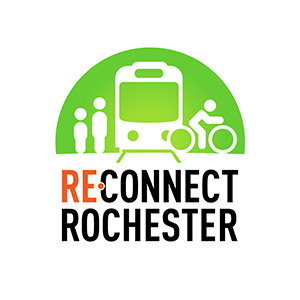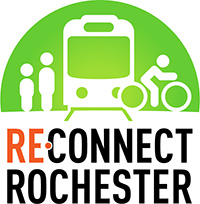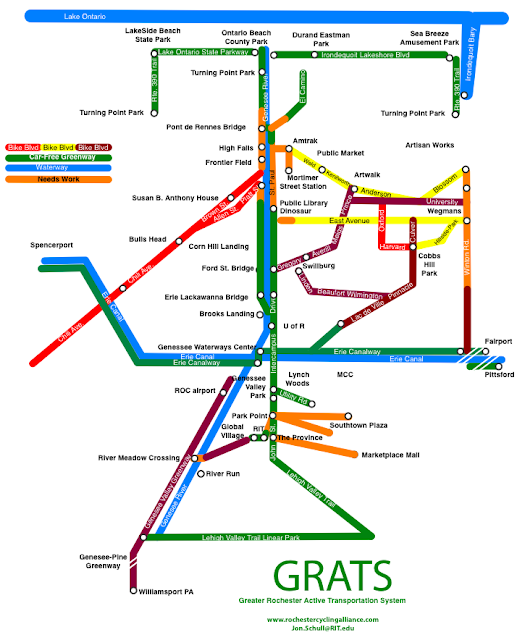Things are getting interesting and exciting!
The Rochester Bicycling Master Plan had it’s third meeting on Thursday, Oct. 21nd with the Master Planning Advisory Committee and the Rochester Cycling Alliance members, Bill Collins and Scott MacRae participated. Sprinkle, the national consulting group gave a summary of the Draft Recommendations and Prioritization on Street Changes with weighting based on a customary fomulae along with the public & committee’s suggestions.
The target “Level of Service” for this project is to get roads up to a “C” level although we’d all love to get most of the roads up to a C or better. We’re currently at a D+ rating. There were some who argued that we should be shooting higher (for an A or B) but the Sprinkle group was confident once we get the process going then we can up our target level later.
The prioritization identified 4 major categories:
- Existing Bicycle Facility 4% of roads (6 miles) which have 4 foot bike lanes and meet criteria. This also includes roads that are programmed for next year as well.
- Target Bicycle Level of Service Met 29% (41 miles). These streets are typically low volume with infrequent parking which don’t require striping
- Roadway Restrip Candidates 46% (65 miles) These are streets where roadway restiping is the first option to meet the C level of service. Streets with minimally utilized on street parking are good candidates for high ranking in this category.
- Detailed Corri9dor Study Needed (DCSN) 21% 30 miles. These streets don’t lend themselves easily to the above criteria and restriping. These streets need more detailed extendsive and detailed operational -level investigations of the constraining factors and opportunities along these roads.
The exciting thing is that we will have about $400,000 worth of restriping and infrastructure improvements that the city will be acting on over the next few years. We will be seeing some bike symbols on bike lanes more and more over the next 2-3 years. It is very inexpensive to do this when a road is reconditioned. The $400,000 will be spent on roads that have already had repaving but need restriping depending on the priority score that was derived and the opportunity to do this in a cost efficient maner.
The mood of the meeting was definately upbeat and the engineers and designers from the city, state and county were very enthusiastic about what will be happening.
Sprinkle has identified Boulder, Colorado, Montreal, Canada, Minneapolis- St Paul, Minnesota and Madison, Wisconsin as our “Peer Cities” that have already made significant advances and can help us establish best practices for Rochester. More on this later. The Rochester Bicycling Master Plan Website is noted below
PS. Mayor Dave Cieslewicz of Madison, Wisconsin is coming to the Rochester Community Design Center Lecture Series “Reshaping Rochester” on April 26th, 2011, 7-9pm. He is a terrific bike advocate and gave a great talk at the National Bike Summitt in Wash. D.C. this spring on how Madison has became a bike friendly city despite being in a cold snowy enviroment. I spent some valuable time talking with him on the economics of biking and how it transforms communities. He went with his transporation team to Holland for a site visit on how they designed their infrastructure to encourage bicycling and active transportation. This is something we should consider when we meet our new mayor. Holland has programs which sponsors mayors and city leaders from around the world to visit to study their transportation system. Scott




